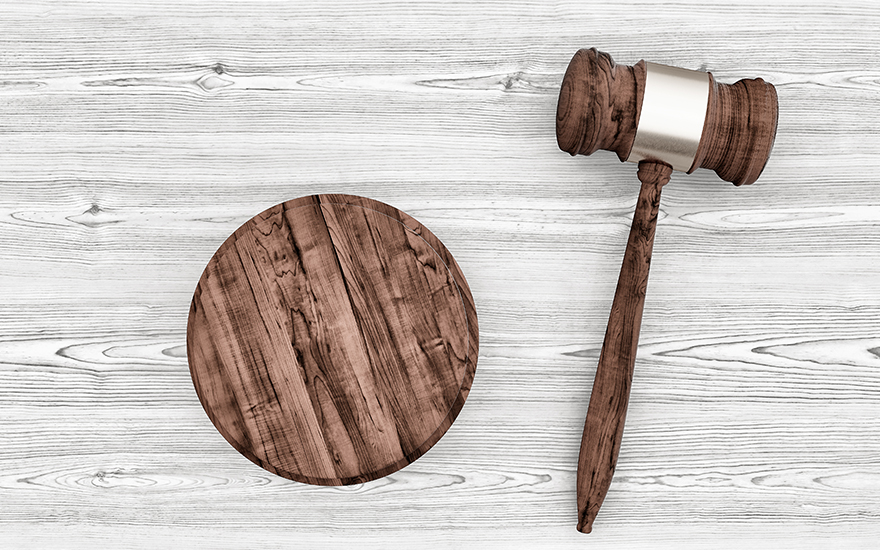Cooper Grace Ward assisted GemLife (ASX:GLF) with its listing on the Australian Stock Exchange. With $750 million in capital raised, the GemLife listing has become Australia’s largest IPO of 2025. ...

We often see clients who ask for a second opinion about their family law matter and seek advice regarding their options to appeal after a judge has made an unfavourable decision.
An appeal from a decision in Division 2 of the Federal Circuit and Family Court will usually be heard by a single Judge in Division 1 of that Court. An appeal from a decision in Division 1 of the Federal Circuit and Family Court will be determined by a Full Court.
It is not easy to successfully appeal a judge’s decision. The applicant must establish that the judge exercised their discretion to arrive at a clearly wrong decision or that the judge made an error of fact or law.
A judge exercises their discretion when they weigh up several factors to arrive at a decision. The family law system is largely a discretionary one. For example, in property settlement matters, the judge is required to consider various contributions made by each party (property brought into the relationship, income earned during the relationship, the care of children) in coming to a decision about what percentage of property each party should retain.
If the trial judge’s decision was within the range of acceptable outcomes, the appellate Court cannot replace it with its own view, even where the Court considers it the ‘better view’. For instance, if the range of a party’s entitlements to a property settlement is between 50% and 60% and the trial judge awards that party 50%, the appellate Court cannot adjust the trial judge’s decision even if the Full Court considers that 55% was more appropriate.
An appeal is not a rehearing or an opportunity to provide further evidence. There will be no cross examination of witnesses. Except in exceptional circumstances, the appellate Court will only consider material that was before the trial judge when they made their decision.
If the appeal is successful, the Full Court may make a different order or order another hearing.
Filing an appeal does not automatically stop the orders of the trial judge (except where the order is a divorce). To stop the operation of orders while an appeal is being heard, an application to stay the orders must be filed. In many cases, the stay application will be heard by the same judge that has made the orders being appealed.
Losing an appeal will usually mean that the applicant must pay the other party’s legal costs. These can be significant, so it is important to obtain legal advice about the potential costs before filing an appeal.
An appeal must be filed within 28 days after an order is made. If you are considering an appeal, it is important to seek legal advice as soon as possible.
If you require advice regarding the prospects of an appeal in your family law matter, please contact our family law team.
This publication is for information only and is not legal advice. You should obtain advice that is specific to your circumstances and not rely on this publication as legal advice. If there are any issues you would like us to advise you on arising from this publication, please let us know.
Subscribe to our interest lists to receive legal alerts, articles, event invitations and offers.
Cooper Grace Ward acknowledges and pays respect to the past, present and future Traditional Custodians and Elders of this nation and the continuation of cultural, spiritual and educational practices of Aboriginal and Torres Strait Islander peoples.
Fast, accurate and flexible entities including companies, self-managed superannuation funds and trusts.